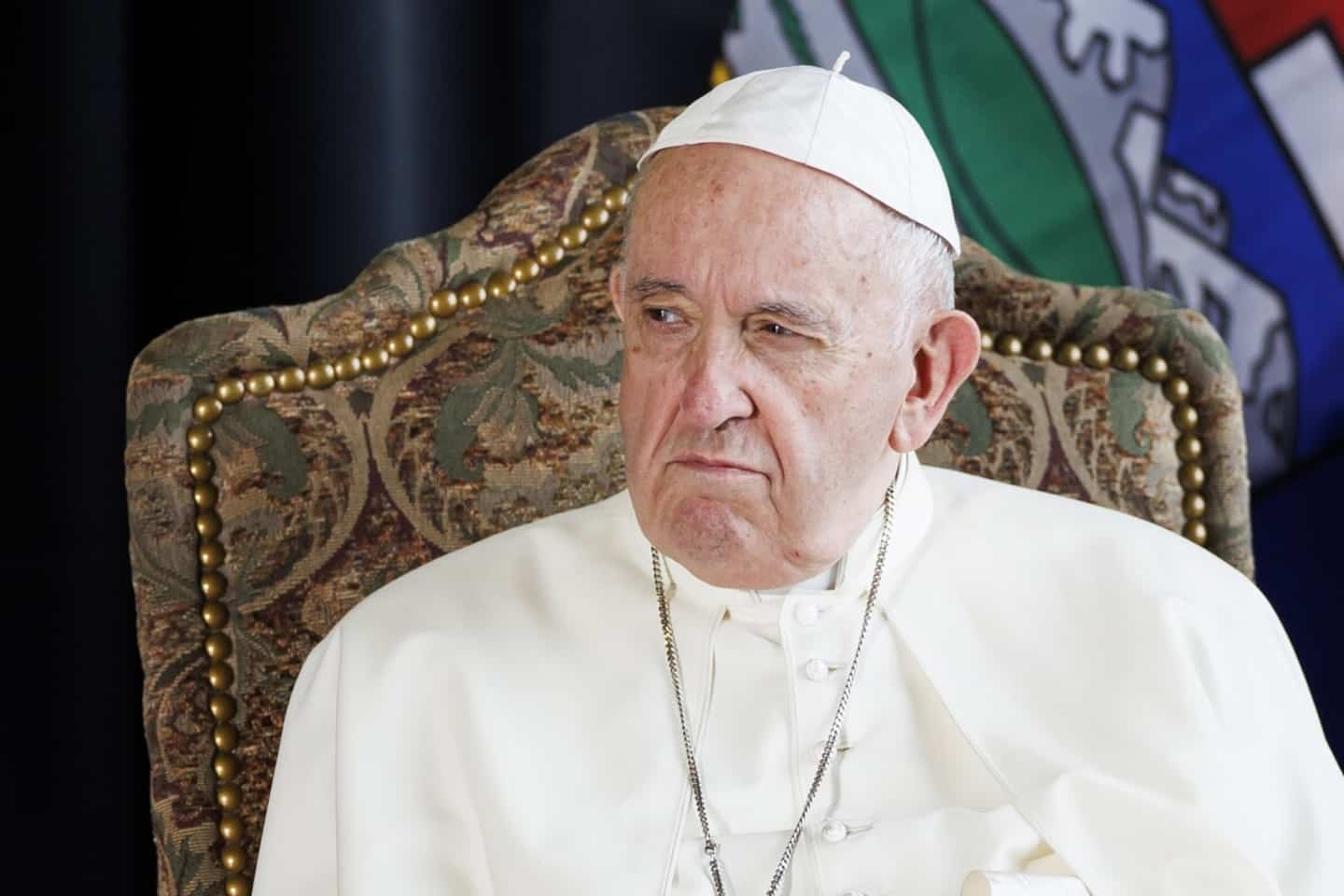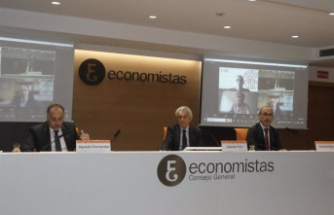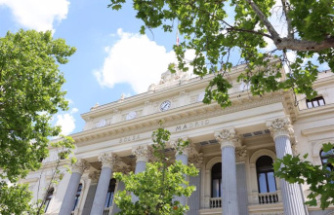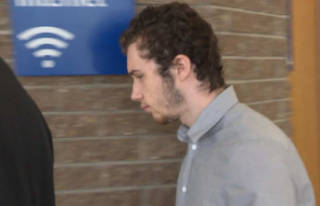While Pope Francis delivered his long-awaited apology at his first public activity in Edmonton on Monday morning, final preparations were being made in a mix of excitement and emotion in Sainte-Anne-de-Beaupré.
• Read also: Residential schools: the pope “asks forgiveness for the evil committed” against the Aboriginal peoples
• Read also: Three sisters will sing for Pope Francis in Sainte-Anne-de-Beaupré
Andrée Paul and Tania Courtois are coordinating the arrival of some 5,000 Innu in Sainte-Anne-de-Beaupré, of which about 2,500 will attend Thursday's ceremonies.
The two women were feverish on Monday morning at the Domaine Sainte-Anne campsite, welcoming groups who drove until 8 p.m. to attend the ceremonies and receive in person the apologies of the Holy Father for the horrors of the residential schools.
“For them, it is an essential step in forgiveness. It is an essential step in the healing process to finally be able to move on to another step, ”underlines Ms. Paul to describe the effervescence that reigns on the spot. "We saw him when he got off the plane yesterday [Sunday], people were like, 'That's it, it's the big day, we've made it'."
Difficult recall
This anticipation, however, comes with a resurgence of emotions that were buried deep within some. “Yes there are people who are eager to see the pope, but there is also the awakening of wounds which are resurfacing in the communities”, explains Tania Courtois.
This is the case for Chantale Awashish, from Obedjiwan. The woman, who was taken from her family around the age of 10, has been immersed for a few days in images that she has long wanted to forget.
“I saw myself again, when I was little, trying to save myself from the bus when it arrived in the community. I was trying to save myself at the river, but they found me and forced me to board, ”says the one who survived, but who could well have sunk like so many others.
"It's been bubbling in me since I arrived. I think a lot about those who have taken their own lives and those who use drugs to forget their pain. […] This apology will not directly bring us healing, but it is a first step, ”notes the survivor.
Psychological support
Met on the spot, an Innu woman whose mother lived through the drama of the residential schools confided the importance for her of being there despite the difficult reminder of the consequences that the residential schools will have had on her family.
“We will never forget, it is part of our history, but from now on we will be able to cut the cord and say that we are moving forward. The path we will take will be ours,” says this “residential school child” who preferred not to be identified because of the tensions still present in her family in connection with these events.
“My mother will never forgive, but I am here for her. I still have hope that she will one day be able to get out of it, ”she added, stifling a sob.
It is to accompany these still broken people that the organizers are working to provide some support over the next few days on the site itself.
“We try to surround the survivors with resource people, psychologists, workers, so that they can come and support them during the event,” explains Tania Courtois.













